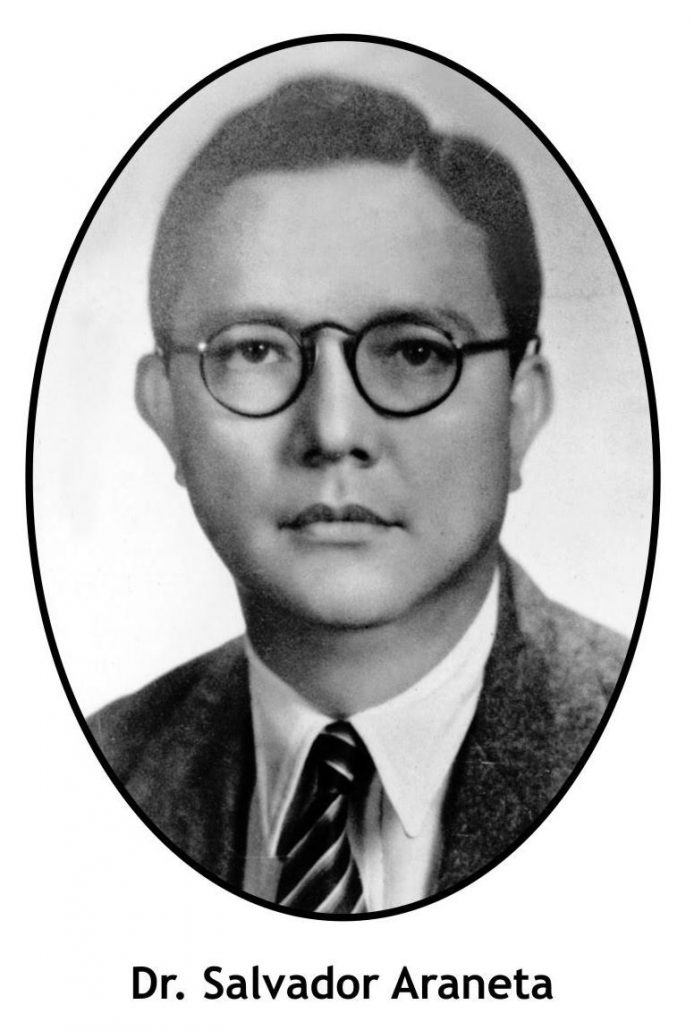 THE PARLIAMENT
THE PARLIAMENT
Participatory democracy
All the Federal Legislative powers of the government are vested in a unicameral body, the Parliament. This unicameral body will not only avoid wastage in human resources but progressive laws will also be easier to pass by avoiding conflicts between the two chambers.
Composition
Every district that has 2 million voters shall be entitled to a seat in the Parliament. Afraction of less than two million in a district shall not be counted. The constituencies shall be delimited every ten years by the Commission on Elections based on the census to be taken on the year preceding the end of an election period.
Parliament of Citizens and Citizens’ Assembly
In the Legislative, involvement of private citizens is made possible through the participation of citizens in the Parliament of Citizens and the Citizens’ Assembly in each State.
Like the Parliament of Citizens in the Federal Government, each State will have a Citizens’ Assembly. They shall function as parallel bodies of the Parliament and the State Assembly.
The Parliament of Citizens shall be composed of Delegates of Living Forces and they will represent the people on a national level. These delegates will represent different professions or occupations.
The members of the Citizens’ bodies shall receive the compensation that may be granted to them by their respective organizations and no amount will come from government. The secretariat, the technical men and office materials shall be provided by the private organizations concerned.
Three members of the citizens’ group interested in the bill shall have the right of voice and vote in the corresponding Commission of the official body, and if approved in that Commission, then they shall have the right of voice and vote in the plenary session of Parliament.
The Parliament of Citizens shall be composed of delegates of living forces of the country in the national level, representing different professions or occupations.
The members of the Citizens’ body shall receive the compensation that may be granted by their respective organizations, and no amount from the Government. The secretariat, technical men and office materials shall be provided by the private organizations concerned.
Tribune of the People
There shall be a Tribune of the People in the Federal Government and in each level of Government. An act of Parliament shall prescribe the number of members in the Federal level. The Chairman of the Federal Tribune of the People shall belong to the largest opposition party as may be defined by an Act of Parliament, while the other members shall be representatives of the Living Forces of the country, as may be defined by law.
The Tribune of the People shall be the eyes, ears and conscience of the people and shall have the following powers:
* To investigate the merits of information concerning graft and corruption that it may receive from responsible sectors of the community.
* To initiate impeachment proceedings and other actions before the Constitutional Tribunal and the Civil Service Commission and to prosecute criminal, civil and administrative violations of the law by any public official and employee. An absolute majority of votes of the Tribune of the People shall be required for the Impeachment of a Constitutional official.
Commissions in Parliament and the State Assembly
There shall be an Auditing Commission in Parliament composed of fifteen members tasked to audit all accounts of Parliament and all income and expenditures of the Federal Government and its instrumentalities.
There shall be a Finance Commission in the Parliament and in the five States. The majority of its members shall come from the opposition. Their functions are likened to those of an external auditor in a private corporation.
There shall be a Blue Ribbon Commission in Parliament and in the State Assemblies. The Chairman and two-thirds of its members shall belong to the opposition party or parties. Both the Blue Ribbon Commission and the Finance Commission, which are common to both the Parliament and the State Assemblies, are vested with prosecuting powers to initiate criminal, civil, administrative and impeachment proceedings against any guilty party as a result of their respective investigations. (To be continued/PN)

